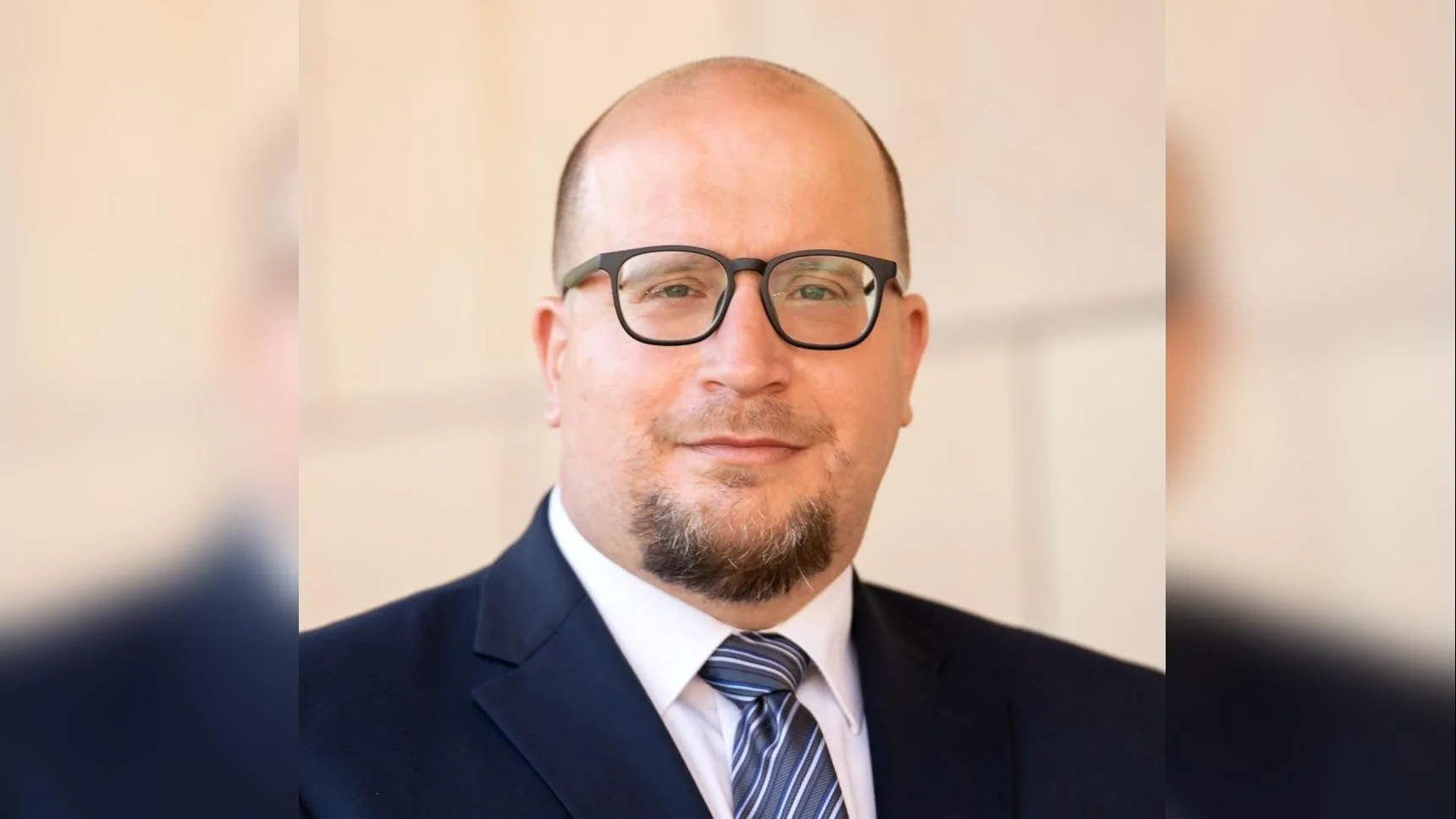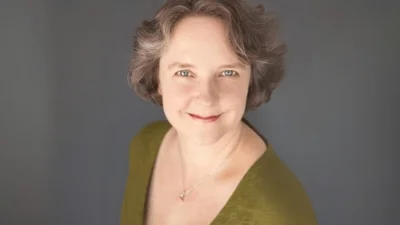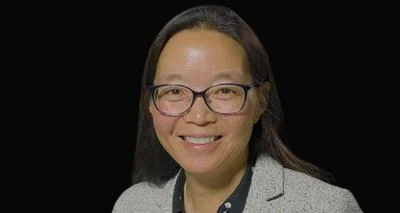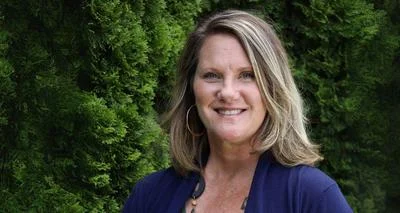Jay Robaidek Senior Vice President, External Affairs | U. of Wisconsin Hospital and Clinics
Jay Robaidek Senior Vice President, External Affairs | U. of Wisconsin Hospital and Clinics
Eric Sarno, now a stroke survivor, is advocating for advance care planning after his experience of a sudden medical crisis. In 2007, at the age of 37, Sarno faced a life-threatening situation when a blood clot in his brain led to a hemorrhagic stroke, requiring five brain surgeries during his stay at University Hospital. He recalls the stress of making health care decisions under duress: “Overnight, I went from being very healthy to not knowing if I would survive,” Sarno said. “To make matters worse, my health care wishes were not very clear, and I had to make important life decisions when I was in the Intensive Care Unit about to go have brain surgery.”
April 16 marks National Healthcare Decisions Day, inaugurated in 2008 to advocate for advance care planning. Advance care planning involves preparing for future health care decisions to ensure medical care aligns with personal wishes in unforeseen situations. UW Health's Parni Tolat, an Advance Care Planning Program Coordinator, highlighted the significance of this, noting, “Eric’s story is a perfect example of how life is unpredictable and planning ahead can alleviate stress for you and loved ones.”
UW Health provides educational resources, including free webinars, to guide individuals through creating a power of attorney for health care. These resources are universally accessible, irrespective of the participant's care provider. Tolat notes that only half of UW Health's primary care patients aged 65 and above have a power of attorney for health care documented.
Sarno emphasizes the importance of having directives in place: “When you are healthy, the last thing you want to do is plan for a medical crisis, but my story shows the importance of planning,” he said. “You should have your wishes in writing before you need them.”
In Wisconsin, the absence of a power of attorney for health care might necessitate seeking legal guardianship through the courts, a process that can be strenuous and costly. Sarno, who now shares his story through support groups at University Hospital, urges others to prepare for the unforeseen: “You don’t know what the future will hold, and making sure everyone is aligned with your wishes is the best thing you can do for yourself and your family,” he said.
Additional information about registering for free webinars and accessing forms for a Wisconsin power of attorney for health care is available at uwhealth.org/acp.





 Alerts Sign-up
Alerts Sign-up